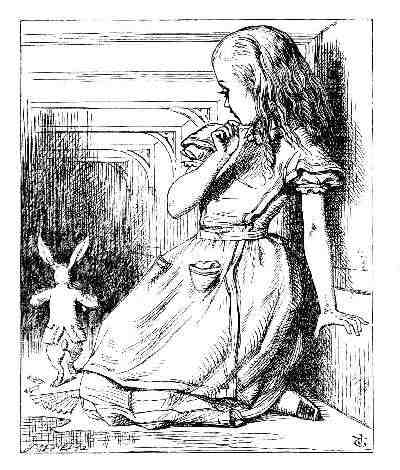2. The decision-making process
A dictionary defines will as "f. the potential of the soul in whose virtue we tend to have a positive or negative sense towards the goals proposed by the intellectual knowledge" or the "Free will or determination."
There are other meanings for the term "will," but these are interesting because they show its essential nature; it is a quality expressing and exercising the internal liberty of all living beings. Some authors, such as Schopenhauer ascribe will to human beings, animals, plants, and even objects.
For the Conditional Evolution of Life, "The essential characteristic of Life is Liberty." Although usually, the theory talks about human beings, the CEL also attributes liberty provided by the autonomy of will to objects, even if humans are not capable of detecting it. It is no more than a topic of the philosophy of Life.
In the will-forming processes, internal and external elements influence the individual. The commentaries refer to the internal factors of the procedure, without trying to propose a detailed study at any time.
To obtain a better characterization of our nature, it deals with extending the line of argument about the working of human intelligence and memory to the creation of the will.
The first step is to examine the phases of the decision-making process. Afterward, a few points about its intricacy will allow dealing with the topic of an entity capable of free will.
2.a) Origin of desires, ideas, and thoughts
On many occasions, their origin is unknown, not to mention of our feelings!
Regardless of the comments on the thoughts in the background, if there was a system of collecting ideas, the brain will select one with more votes or higher intensity to study and develop..

Let us suppose a cell would like to have more water; the body will provide it with the appropriate mechanisms. However, when many cells ask for water, it will start to become scarce, and the desire to drink water will appear little by little. This desire will be made conscious at a time, depending on the consciousness' other priorities. For the conscious, all this process has remained hidden!
The subject is more complicated than it seems at first glance; for example, when faced with the same initial sensation, smokers may want to smoke instead of drinking water.
In the world of ideas, it happens the same. All sudden the brain has initiated a series of reflections about a subject, but the conscious do not know precisely when or why. If we think about it, and we are lucky, we will manage to figure out why.
Something similar occurs in the trickier realm of feelings; for instance, laughter and tears frequently appear without direct control. We can try to laugh and cry, but only indirectly, by reproducing the conditions provoking them.
